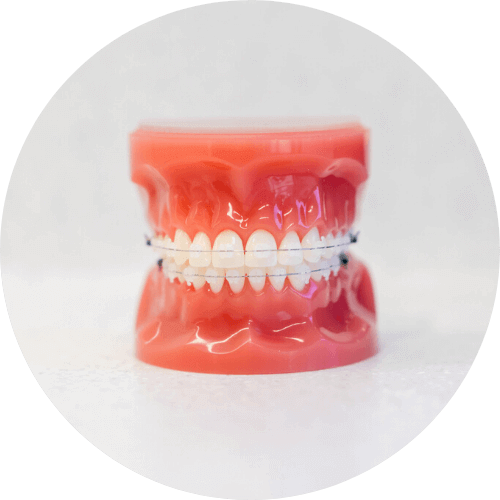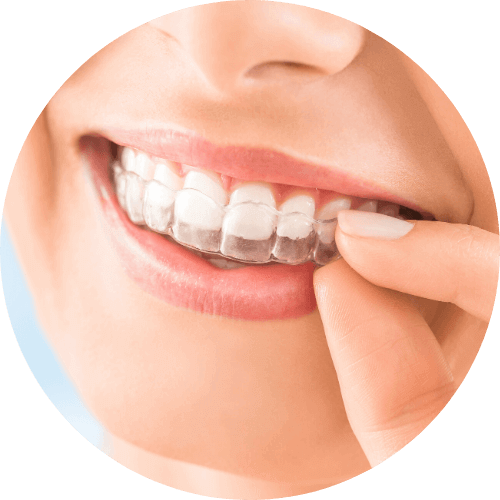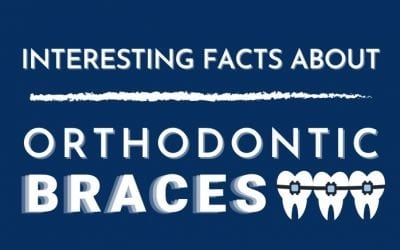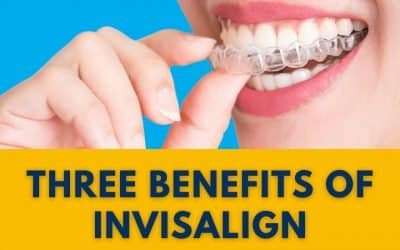Hobbies and Braces

Braces make improvements to your teeth that can last a lifetime, so to maximize the benefits of your orthodontic treatment, it’s important some care is taken while treatment is in progress. Stress and injury to the jaw and teeth can happen during a number of different activities undertaken by teenagers and kids, including playing certain musical instruments, eating, and—perhaps one of the largest risk areas— playing sport.
Can I play musical instruments with braces?
The short answer is: yes, you can! Some musical instruments that require more complicated mouth use like brass instruments (trumpet, trombone, tuba) and reed instruments (clarinet, oboe) may initially be more challenging, but it’s just a matter of getting used to it.
In the same way as chewing and speech take a little getting used to, playing musical instruments may take a week or two to get used to playing with braces, but most people soon forget they are wearing them when playing!
You may find that certain mouth positions cause your braces to rub against the inside of your mouth while playing, so orthodontic wax can help to ease the discomfort as you adjust.
Can I play sport while wearing braces?
Sport can still be played during orthodontic treatment with braces, but caution and protection are necessary to prevent dental injuries, especially with contact sports. The best way to protect your teeth is with a custom-made mouthguard.
What is a mouthguard??
A mouthguard is a protective appliance made of flexible material that fits snugly over the teeth to help prevent injuries to the teeth and mouth. An effective mouthguard is like a ‘crash helmet’ for teeth and jaws. It also prevents the jaws from coming together fully, reducing the risk of joint injuries and concussions.
Only a third of children aged 5-17 years wear a mouthguard while playing organized sports, even though other protective materials such as helmets are common. Mouthguards are one of the most important pieces of protective equipment as not only do they save teeth, they also protect jaws.
Mouthguards are a necessity to protect teeth and braces from injury. Mouthguards must fit well to provide good protection. Your orthodontist will advise regarding the most appropriate type of mouthguard to be worn during orthodontic treatment.
Why are mouthguards important when wearing braces?
Sports-related injuries to the mouth and jaw are some of the most common injuries incurred by athletes, so if you or your kids are playing a sport, it’s important to be cautious. Protecting your smile while playing sport is essential when you have braces due to the increased risk of oral injuries, including mouth lacerations if braces are hit by a ball or another player.
Which sports require a mouthguard?
Mouthguards are particularly important when playing contact sports such as football, wrestling, volleyball, soccer, basketball, and hockey. If you are engaging in non-contact sports such as gymnastics or recreational activities such as skateboarding, mountain biking, motocross, rollerblading, trampolining, and horse riding, wearing a protective mouthguard may also be recommended.
What are the advantages of using a mouthguard?
A mouthguard can help cushion a strong blow to the face that otherwise might result in an injury to the mouth and joints. It acts as a shock absorber protecting the teeth and lower jaw from breaking and prevents you from accidentally biting your lips, tongue or cheeks. A misdirected elbow in a one-on-one basketball game or a fall off a skateboard can leave you with chipped or broken teeth, nerve damage to a tooth, or even tooth loss.
Can you wear a mouthguard over braces?
A mouthguard is highly recommended for people who wear braces as it can help prevent damage to the brackets from a blow to the face and provides a barrier between the braces and cheek or lips, reducing the risk of laceration injuries.
When do you need a special mouthguard for braces?
When you’re undergoing orthodontic treatment using traditional metal or ceramic braces, you’ll find that you need a little more room in your mouth to accommodate the brackets, so you’ll want to look for a mouthguard that has been designed for people undergoing orthodontic treatment.
There are different types of mouthguards available, so depending on the type of orthodontic treatment you’re having your orthodontist may recommend a particular type or style of mouthguard. For example, removable mouthguards may be the best option in the early stage of orthodontic treatment as you’re able to reheat and reshape the mouthguard as your teeth change positions.
Many orthodontists will also recommend that a custom-made mouthguard be made by your general or family dentist. These custom-made mouthguards generally fit better and are designed for maximum protection.
How to use a mouthguard with braces
The first step is talking to your orthodontist about getting a mouth guard for use while wearing braces and which is the best option for you. If you are using a removable mouthguard it is helpful to have it refitted at your orthodontic appointment to ensure the best fit.
- Once you receive your mouthguard, take it along to your orthodontic appointments for your orthodontist to fit or to check it still fits well.
- If the mouthguard is removable, it may be refitted as your teeth move. Sometimes a brand new mouthguard may be required.
- Insert the mouthguard into your mouth for the relevant activity
- Always remove your mouthguard carefully around your braces to avoid complications
What are other orthodontic treatment options?
The type of orthodontic treatment your child is undergoing will also play a part in helping your orthodontist to fit an appropriate sports mouthguard. While traditional braces tend to be the most popular and effective method of straightening teeth, there are other options that may be more suitable for your child, such as clear aligners (e.g. InvisalignÒ).
If your child has a removable retainer or other removable appliance, they should not wear it during any contact sports, but must still wear an appropriate custom-made mouthguard to safely protect their smile.
Talk to your orthodontist about selecting a mouthguard that is best for you.
Your orthodontist can give you hints and tips to help you continue with your favourite hobbies.
To read the original article, click here.
DISCLAIMER:
The content has been made available for informational and educational purposes only. Central Coast Orthodontics does not make any representation or warranties with respect to the accuracy, applicability, fitness, or completeness of the content.
The content is not intended to be a substitute for professional personal diagnosis or treatment. Always seek the advice of your dentist or another qualified health provider with any questions you may have regarding a dental or medical condition. Never disregard professional advice or delay seeking it because of something you have read or seen on the Site.
Learn More About
Related Articles
Unfinished Smiles Welcome Here – We’ll Pick Up Where You Left Off
Is Smile Direct Club’s insolvency leaving your teeth realignment process stranded? As Invisalign Diamond Plus providers…
Interesting Facts About Orthodontic Braces
Wanting to get orthodontic braces but feeling unsure because you don't have knowledge about its...
Three Benefits of Invisalign
Did you know that aside from being an option for straightening your teeth, there are also benefits...
Metal Braces: Does This Traditional Dental Technology Have a Future?
Of all the medical professions, dentistry has always generated the most fear and continues to;...







